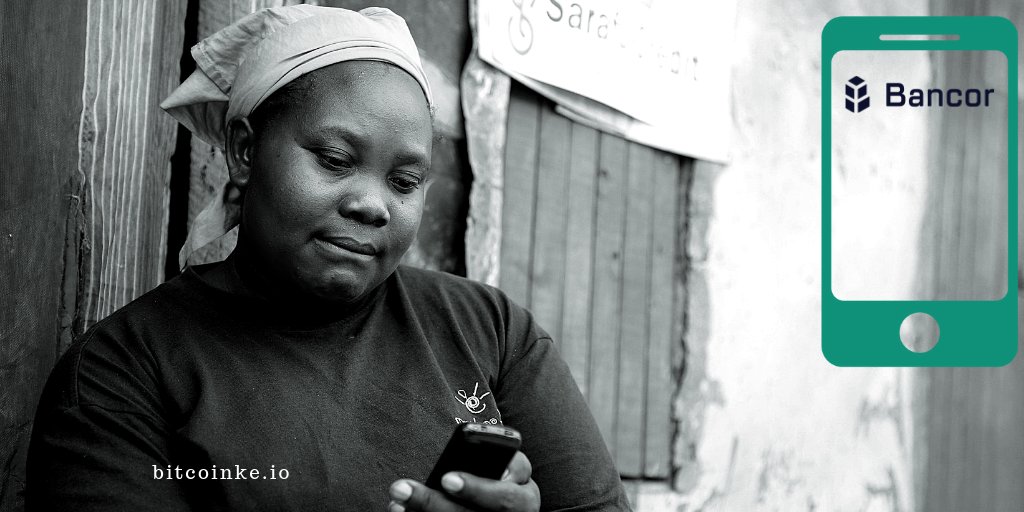With the release of the FinAccess 2019 household survey, it is becoming clear that there is a lack of financial education among Kenyans with only a fifth of the adult population considered financially healthy.
Looking at the stats below from the report, a majority of Kenyans rely on their own knowledge or family or friends, for financial advice when it comes to use and access of financial products and borrowing.
One of the more interesting demonstrations of this was a test of respondents to accurately compute 10 percent interest on a KSh 10,000 loan. The survey findings indicate that only 42.7 percent of the population answered the interest costs correctly, while 39 percent gave a wrong answer.
A different survey sought to understand the respondents’ knowledge of transaction costs. The respondents were shown a typical message showing value of transaction and associated transaction costs as a Short Message Service (SMS)/text. The survey results indicated that only 58.1 percent of respondents were able to read correctly a typical message showing transaction costs on a mobile phone.
The survey conclusions are shown below:
- Overall, Kenyans seek advice from friends and family on financial matters.
- Promotion of financial literacy is important in addressing consumer protection concerns.
- Fraud accounted for the highest incidences of loss of money on mobile money platforms.
- Mobile phone banking and digital apps have introduced new emerging risks.
Financial literacy and education will increasingly become a requirement moving forward. While some financial service providers are already offering this service, especially around borrowing, this will need to be an all-inclusive effort if we are going to see any substantial gains when it comes to consumer awareness and protection.












